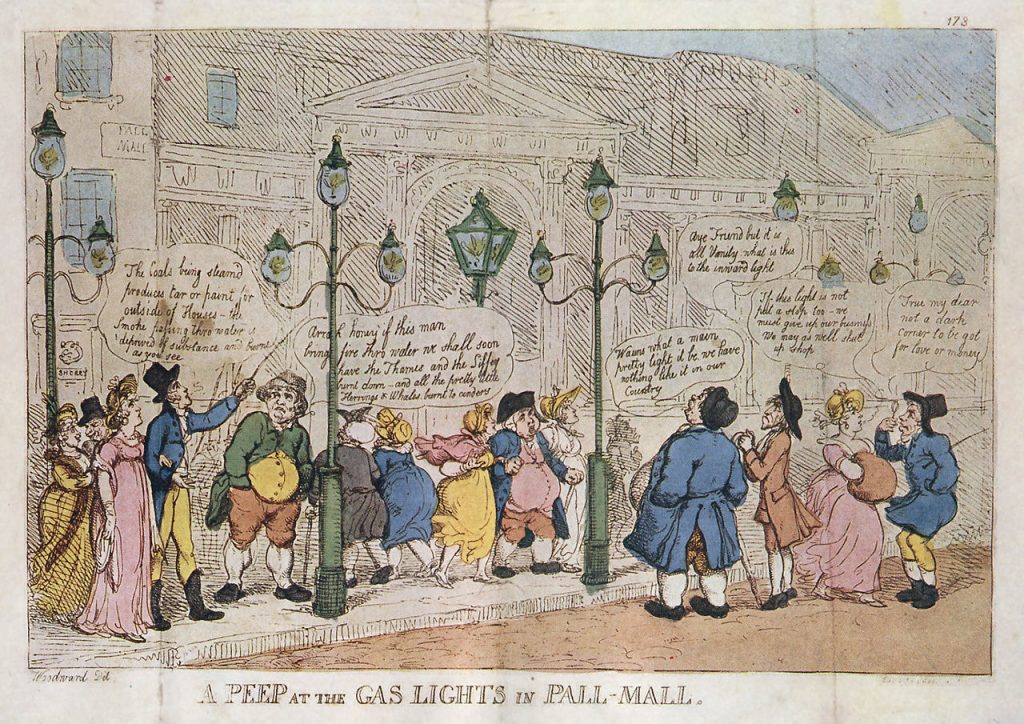Cities, Infrastructures, and Politics: From Renaissance to Smart Technologies

Infrastructures play a decisive role in urban development and in the life of cities. This course will envisage this role from a historical perspective. History proves especially useful when dealing with the political dimension of urban infrastructures. From fortifications to smart technologies, infrastructures are inseparable from political intentions and consequences. This political dimension will constitute one of the threads of this lecture course. Other themes dealt with in the course will include the relation between cities and their hinterland, the progressive dematerialization of infrastructures, from walls or bridges to the invisible electronic networks that organize contemporary urban life, the rise of environmental concerns and their impact on infrastructural thoughts and practices, the need to conceive differently infrastructures when dealing with informal settlements.
Topics will include:
Urban Infrastructure and Politics. A Theoretical and Empirical Challenge
Infrastructures for War: Urban Fortification and its Evolution
Cartography as Infrastructure
Cities and the Transportation Revolution
The Rise of the 19th-Century Networked City
From Haussmannian Paris to the High Line in New York: An Infrastructural Nature
Technology, Infrastructure and the Urban Experience: The Case of Electricity
“Aerocity:” Planes, Airports and Urban Development
Rationalization Doctrines and Urban Planning from Scientific Management to System Theory
Infrastructure and Urban Modernization in the 20th and 21st Centuries
Infrastructures for Tourism
Urban Metabolism and Infrastructure: Towards the Sustainable City
Smart Cities: A Self-Fulfilling Ideal
The contemporary crisis of networks
Development, infrastructure and politics